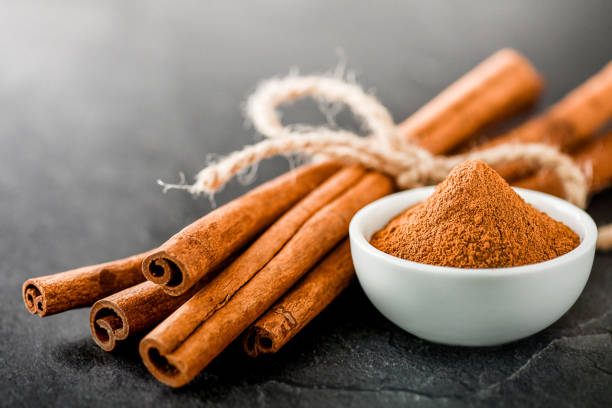5 Evidence-Based Health Benefits of Cinnamon
5 Evidence-Based Health Benefits of Cinnamon
SARIBAN - Cinnamon is rich in antioxidants and other beneficial compounds. Some research suggests that it may help support blood sugar control, protect against heart disease, and reduce inflammation.
Cinnamon is a spice that has been prized for its medicinal properties for thousands of years.
In recent years, modern science has started to confirm many of the potential health benefits associated with cinnamon.
Here are 5 health benefits of cinnamon that are supported by scientific research.
1. May have anti-viral properties
Some research suggests that cinnamon may help protect against certain viruses.
For example, cinnamon extracted from Cassia varieties is thought to be beneficial against HIV-1, the most common strain of HIV in humans.
Other studies suggest that cinnamon could also protect against other viruses, including influenza and Dengue, a viral infection transmitted by mosquitoes.
Still, additional human trials are needed to confirm these effects.
2. Cinnamon may protect against cancer
Cinnamon has been widely studied for its potential use in cancer prevention and treatment.
Overall, the evidence is limited to test-tube and animal studies, which suggest that cinnamon extracts may protect against cancer.
It acts by reducing the growth of cancer cells and the formation of blood vessels in tumors and appears to be toxic to cancer cells, causing cell death.
One study in mice with ovarian cancer found that cinnamaldehyde could block the expression of certain proteins involved in cancer growth.
These findings were supported by test-tube experiments, which showed that cinnamaldehyde could reduce the growth and spread of ovarian cancer cells.
However, more research is needed to evaluate the potential anti-cancer effects of cinnamon in humans.
3. May have beneficial effects on neurodegenerative diseases
Neurodegenerative diseases are characterized by progressive loss of the structure or function of nerve cells.
Alzheimer’s and Parkinson’s disease are two of the most common types.
Certain compounds found in cinnamon appear to inhibit the buildup of a protein called tau in the brain, which is one of the hallmarks of Alzheimer’s disease.
In a 2014 study in mice with Parkinson’s disease, cinnamon helped protect neurons, normalized neurotransmitter levels, and improved motor function.
However, these effects need to be studied further in humans.
4. May prevent bacterial and fungal infections
Cinnamaldehyde, one of the main active components of cinnamon, may be beneficial against various kinds of infection.
Test-tube studies suggest that cinnamon oil could help kill certain fungi that cause respiratory tract infections.
It may also inhibit the growth of certain bacteria, including Listeria and Salmonella.
Plus, the antimicrobial effects of cinnamon may also help prevent tooth decay and reduce bad breath.
However, the evidence is mostly limited to test-tube studies, so more research in humans is needed.
5. Helps lower blood sugar levels
Cinnamon is well known for its blood-sugar-lowering properties.
Apart from the beneficial effects on insulin resistance, cinnamon can lower blood sugar through several other mechanisms.
First, cinnamon has been shown to decrease the amount of sugar that enters your bloodstream after a meal.
It does this by interfering with numerous digestive enzymes, which slows the breakdown of carbohydrates in your digestive tract.
Second, a compound in cinnamon may mimic the effects of insulin to improve the uptake of sugar into the cells.
Numerous human studies have confirmed the beneficial effects of cinnamon, showing that it can lower fasting blood sugar levels and improve hemoglobin A1c, a marker of long-term blood sugar control.
The effective dose is typically 1–6 g, or around 0.5–2 tsp. of cinnamon per day.
Sumber : healthline.com Profil

Post a Comment for "5 Evidence-Based Health Benefits of Cinnamon"